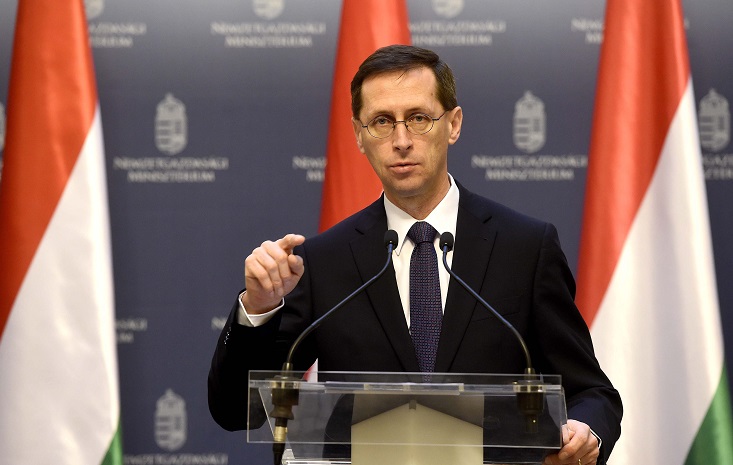
Hungary’s National Media and Communications Authority (NMHH) supports the European Media Freedom Act (EMFA) only if creating the detailed rules will remain in the hands of nation states, the authority said on Tuesday.
The European Commission is planning to draft comprehensive regulations on the operation of the media in inner markets. According to current plans, EMFA would pertain to TV, radio, print and online press as well as, in certain instances, online platforms, NMHH said in a statement.
The legislation is in its consulting phase, concrete legislation is yet to be drafted, the statement said.
Related article
Govt: Budget deficit on target despite EU Worries
There is no need for any additional measures to meet this year’s deficit target of 2.4 percent of GDP, the government said in a report sent to the EU Council and the European Commission in response to a June 22 recommendation of the Council on measures to correct a significant budgetary deviation in Hungary. The […]Continue reading
The NMHH agrees with the principle that freedom of opinion is a pillar of democratic debate, and a multifaceted and free media is key to all democracies, it said.
At the same time, as regards the open consultation about the regulation, the NMHH said the legal basis and scope of the planned regulation gave cause for concern.
“EU jurisdiction in media regulation cannot be expanded limitlessly without harming national competencies,” which could lead to the regulation infringing on the nation’s sovereignty and right to national legislation, the authority said.
Traditions and discrepancies in the member states’ judicial systems and media markets can lead to substantial differences in the media and press landscape, NMHH said.
Strengthening and funding EU players in the sector should be “done very carefully, rather than by a blanket regulation,” they said, “especially when it comes to the issues of balanced information, public media, state advertisements and regulations regarding entering the market,” they said.
EU regulations may play a role in cross-border services, the authority said.
Featured photo illustration via Pixabay

